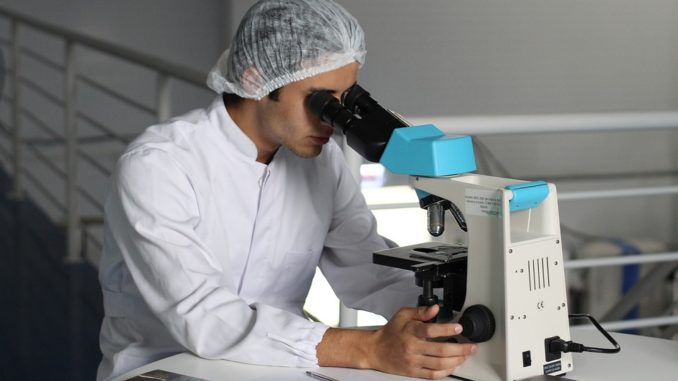
Chr. Hansen completed a clinical trial1 using a carefully selected probiotic strain. Reaching both the primary and secondary end points of the trial, the results show a robust protective effect against gastrointestinal (GI) side effects caused by acetylsalicyclic acid (ASA).
“The clinical trial identified that participants taking the probiotic experienced a significant defense against GI damage caused by a widely used household painkiller compared to those who took the placebo. This indicates a clear protective effect from the strain – both in terms of the reduction of intestinal damage and the number of ulcers caused,” explains Johan van Hylckama Vlieg, Vice President of Microbiome & Human Health Innovation.
The clinical trial used capsule endoscopy to reveal GI damage. It’s one of the first times that this advanced technology is used in a probiotic intervention trial.
Common GI side effects
The household painkiller is an NSAID (non-steroidal anti-inflammatory drugs), which are some of the most widely used pharmaceuticals in the world2. More than 50 million adults in the US take such drugs regularly3. Chronic, low-dose use of the NSAID ASA is recommended for its cardiovascular-protecting properties4 and is today prescribed to 80% of those with an elevated cardiovascular risk profile in the US5.
But the regular use of NSAIDs can have side effects. ASA has emerged as one of the most prominent causes of ulcer bleeding in developed countries over the last two decades6, underscoring a clear, unmet need to protect the gastrointestinal against damage caused by long-term and chronic NSAID therapy.
Pioneering science
The clinical trial is a key milestone in Chr. Hansen’s probiotic innovation program. One of the focus areas of the innovation program is to prove the potential of probiotic strains to protect against intestinal damage and develop these into proprietary products.
“With this clinical data, we are breaking ground into a new field. As part of our Nature’s no. 1 strategy, we work to unleash the potential of probiotics as a safe and effective solution into new health areas. To do this, we focus on careful strain selection, high quality clinical trial design and professional execution”, explains van Hylckama Vlieg.
“With this particular strain, we have reached a key milestone. We are now continuing to invest in this concept to further investigate the potential of the strain. Our goal is to make it available to the many millions who need to take ASA regularly to support their long-term health,” concludes van Hylckama Vlieg.
——
- Randomized placebo controlled double blind clinical trial
- https://www.sciencedirect.com/science/article/pii/B9780323089357000089
- https://jamanetwork.com/journals/jama/fullarticle/206954
- U.S. Prevention Services Task Force Aspirin for the primary prevention of cardiovascular events: Recommendations and rationale. Ann Intern Med, 136 (2002), pp. 157-160
- Aspirin Dose for the Prevention of Cardiovascular Disease, by Charles L. Campbell, published 2007 American Medical Association
- https://www.ncbi.nlm.nih.gov/pmc/articles/PMC3970722/




